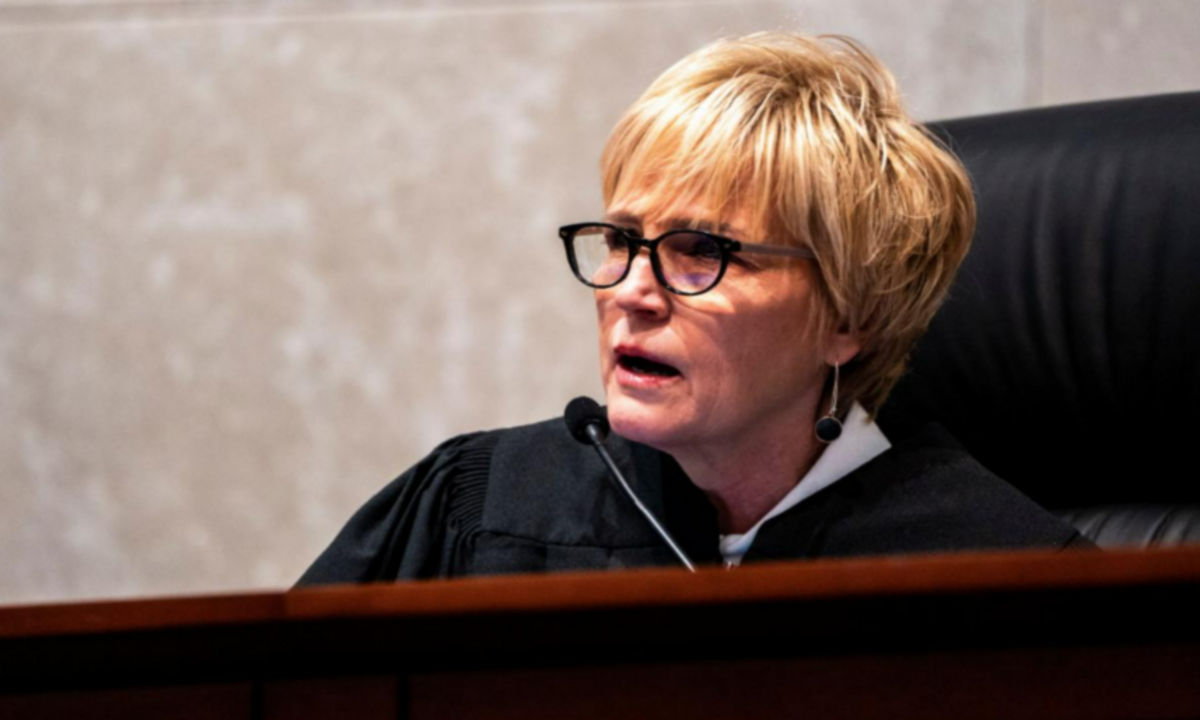In a significant decision on February 14, 2025, the Iowa Supreme Court ruled that the names of applicants for vacant county supervisor positions are public records and must be disclosed.
This ruling emphasizes the importance of transparency in governmental appointments and clarifies the application of Iowa’s open records laws.
Background of the Case
The case originated in Scott County in 2022 when a mid-term vacancy arose on its Board of Supervisors. The county chose to fill this vacancy through an appointment process, inviting applications from the public. A total of 27 individuals applied for the position. Following the advice of an assistant county attorney, officials contacted the applicants to inquire if they wished to keep their identities confidential; 13 applicants requested anonymity. During a special meeting to select the new supervisor, the selection committee referred to these applicants by number rather than by name. Ultimately, Rita Rawson, one of the applicants who had requested confidentiality, was appointed to the board. Her identity was disclosed only after her selection.
Subsequently, two residents, including a former supervisor, requested the complete list of applicant names and related information. The county denied this request, citing a provision in Iowa’s open records law that exempts from disclosure communications from individuals outside of government if making such information public could deter people from communicating with officials. This led to a legal challenge, with the initial court siding with the county. However, upon appeal, the Iowa Supreme Court reversed this decision.
Supreme Court Rationale
Chief Justice Susan Christensen, writing for the majority, noted that all 27 applicants had submitted their resumes before any mention of confidentiality, indicating they were not deterred by the possibility of public disclosure. She emphasized that county supervisors are elected officials, and the process of filling such positions is inherently public. Christensen stated, “This is a public office that is regularly filled in a public manner, and it would not be reasonable… to believe that people would be deterred from applying because the process is not confidential.”
The Supreme court concluded that while the county officials relied on legal advice in their actions, which shields them from damages, the county is responsible for covering the legal fees of the individuals who sought the records.
Dissenting Opinion
Justice David May, joined by Justices Thomas Waterman and Christopher McDonald, dissented. They argued that job applications, even for public positions, should be considered confidential to protect the privacy of applicants who are not selected. May expressed concern that disclosing applicant identities could discourage qualified individuals from seeking public positions, stating, “There is no good reason that those unsuccessful applicants couldn’t continue to enjoy confidentiality.”
Implications for Government Transparency
Advocates for open government have praised the ruling as a victory for transparency. Attorney Mike Meloy, representing the residents who requested the records, described the decision as a “monumental victory,” emphasizing the public’s right to access information about those seeking to hold public office. Randy Evans, executive director of the Iowa Supreme Court Freedom of Information Council, highlighted the importance of transparency in maintaining public trust, stating that the ruling ensures citizens can be informed about individuals aspiring to hold influential public positions.
The Iowa Supreme Court decision reinforces the principle that the public has a right to know who is being considered for public offices, ensuring that governmental processes remain open and transparent. This ruling sets a precedent for how similar cases will be handled in the future, balancing the privacy of applicants with the public’s right to information.
Disclaimer—Our team has checked this article to ensure its accuracy and eliminate any misinformation. We are committed to providing clear and reliable information for our readers.


